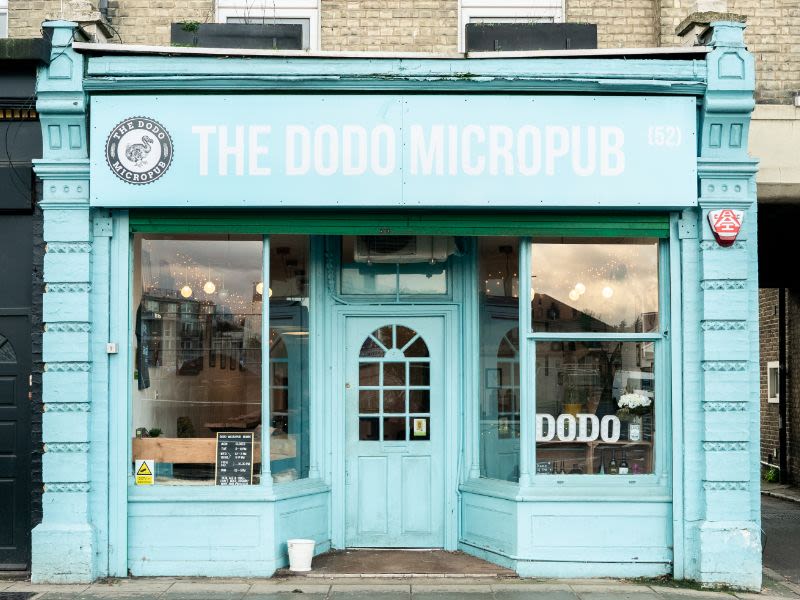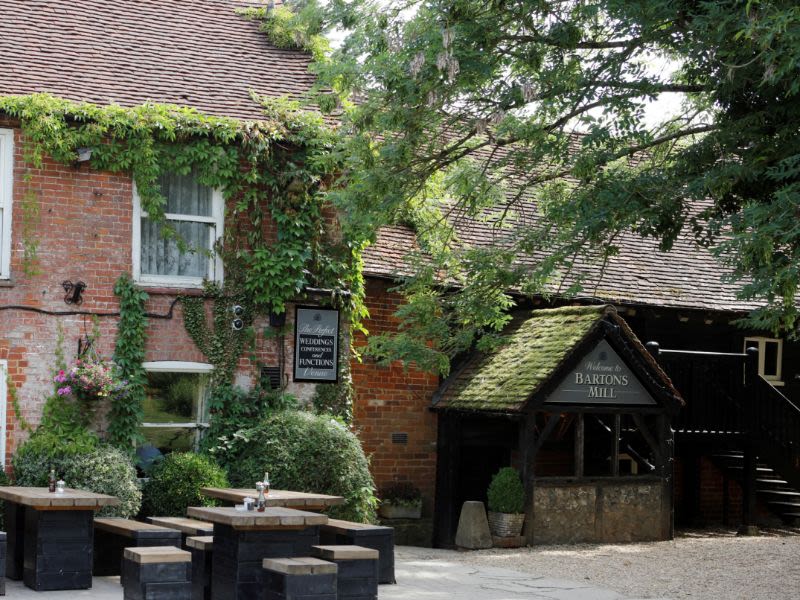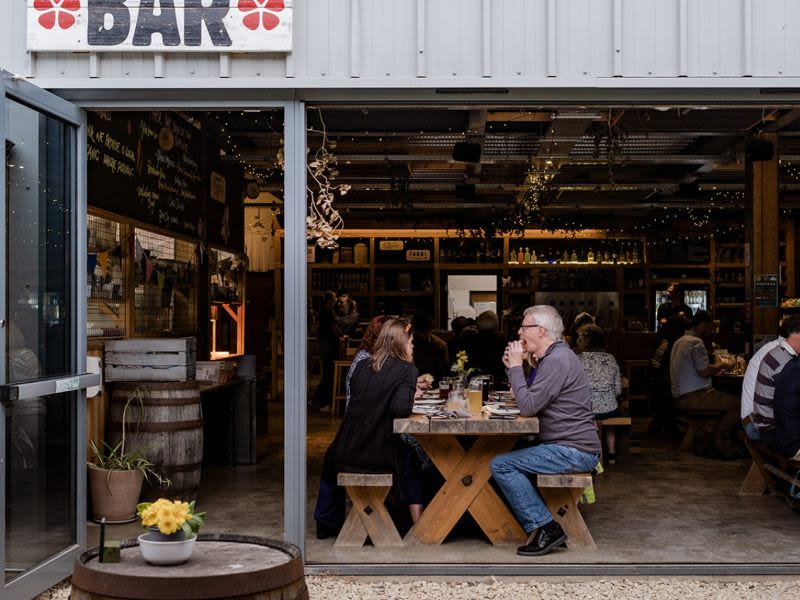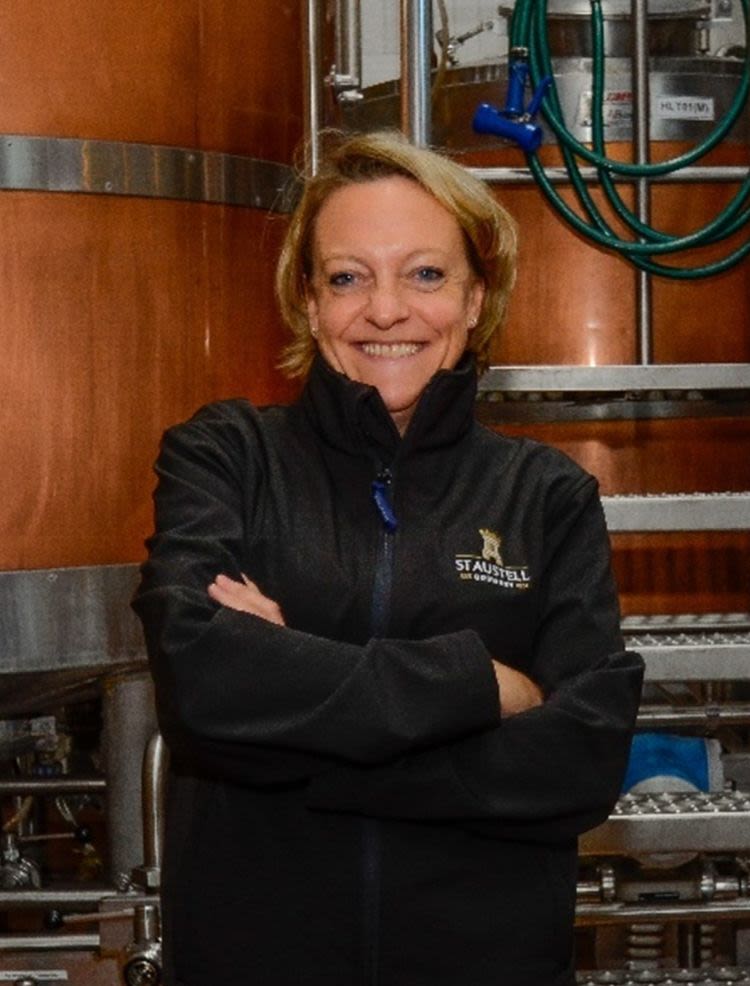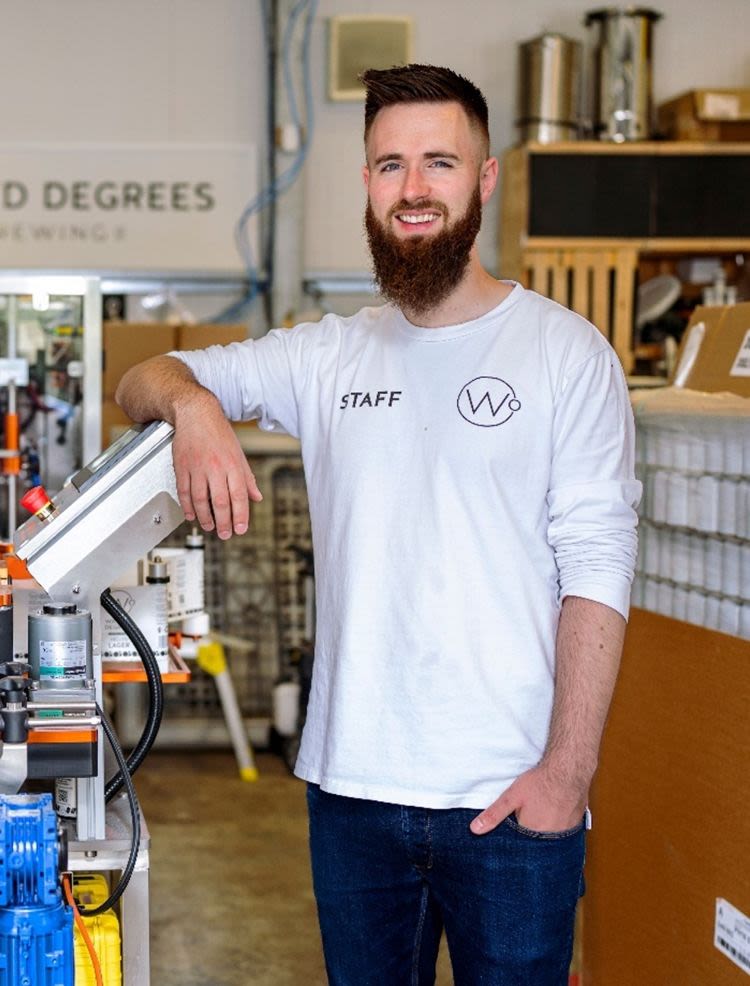Beer Report 2024
Innovations
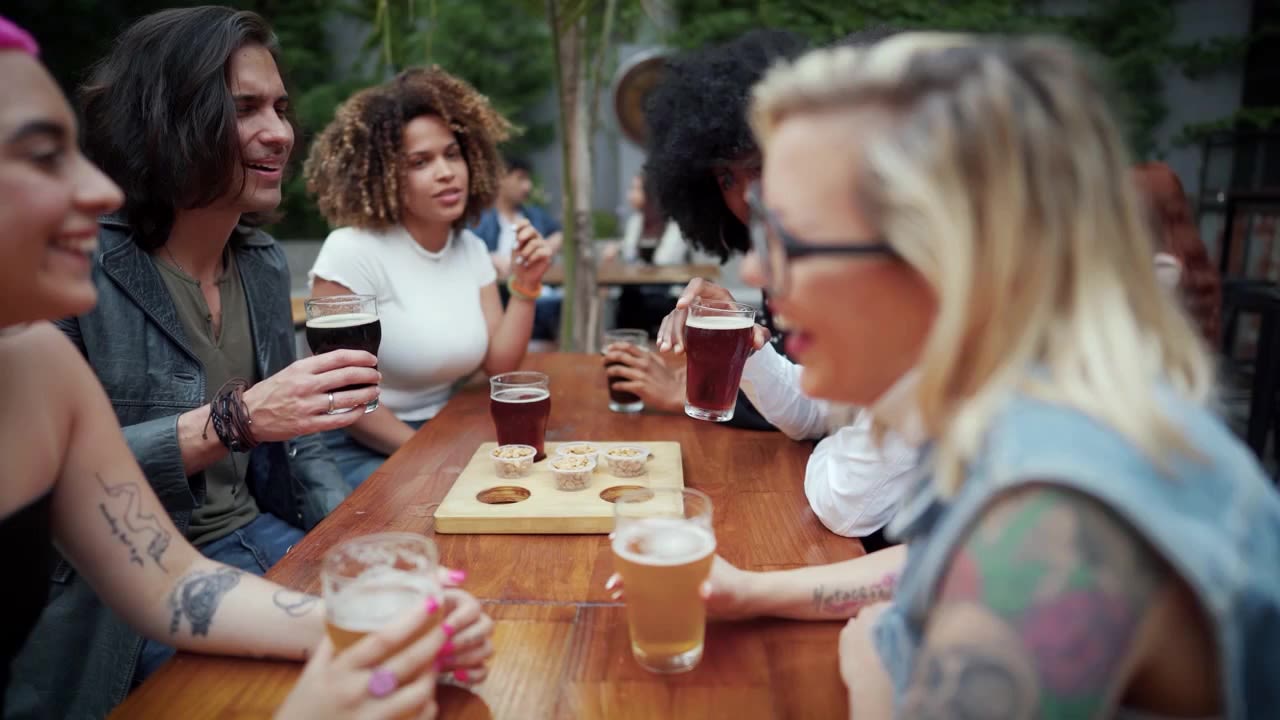
Operators
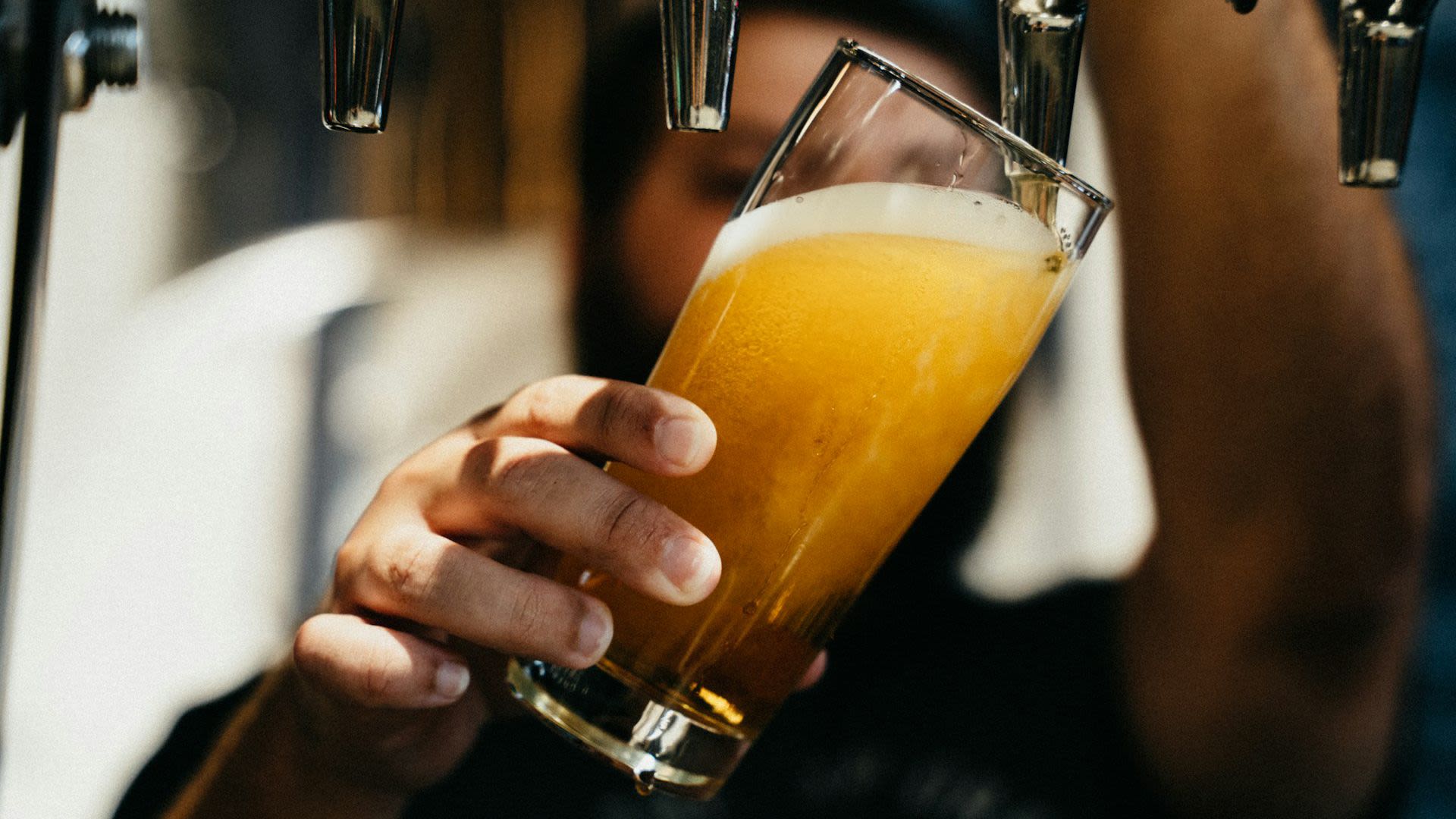
Lucy Do
Founder & CEO, The Dodo Micropub, Ealing, West London
“Erratic trading patterns means we now generally have an event happening every week at the Dodo Micropub. An interactive, solid reason for people to leave their house and join us. For example, in March we’ve had – Free Cheeseboard Sunday, an International Women’s Day Tap Takeover, a beer festival pop-up with a local rugby club, cheese and beer pairing night with local brewery Perivale Brewery and a Caribbean Food Pop Up. All of these events see us working collaboratively with independent microbreweries and fellow local small businesses.
“We’re involved with lots more pop-up style events and festivals that take us outside of our premises, especially in the summer when we need to mitigate our lack of outside space and corporate beer tastings are also a very welcome additional revenue stream.
“Working collaboratively will continue to be a strong theme in 2024 so us independents are all rising together against the continued unpredictability. One of our most successful projects this year was the launch of a collab beer I brewed with Perivale Brewery and launched at our 7th birthday party at the end of January. A whole cask (72 pints) went in three hours and we poured three casks in three days across the weekend. These are record-breaking beer volumes for us and we haven’t really experienced comparable levels to this since 2018.”
Ollie Coulombeau
General Manager, Barton’s Mill, Old Basing, Hampshire
“The pub scene has seen some really exciting changes around beer over the past year.
One big trend is the rise of no & low alcohol options, catering for health-conscious drinkers who still want great taste and mindful drinkers who are looking to ‘switch’ between visits, consciously choosing to consume less alcohol.
“Choice on the bar is therefore imperative and especially for Gen Z and the younger end of our market – alcohol is becoming less of a driver when it comes to choosing the venue. Also, those in a group who aren’t drinking tend to be the decision makers on which venues to visit.
“With our customers drinking less premiumisation and personalisation is a key strategy we employ. We know that our customers want to drink less, but drink quality. Beers with a purpose are selling well and gaining popularity. For example, we just finished a fantastic collab with People’s Captain and their ‘Local Hero’ beer during the Six Nations which carries a strong ‘brewing positivity’ message.
“Breweries that are staying nimble and responding quickly to what drinkers want are doing best.
Personally, it’s an exciting time to be joining Wadworth - a family brewery, especially after our move to the brand new, state of the art brewery Folly Road in 2023. Wadworth have just launched Folly Road Evolution Session IPA and are gearing up for the release of Helles & Back (4.5%) this Summer.
“Personally, I’m enthusiastic about the journey ahead to see where 2024 takes us. The energy and creativity in the brewing industry is infectious, and with each new brew we're not just making beer, we're crafting experiences that bring people together and create memories.”
Greg Pilley
Managing Director, Stroud Brewery, Stroud, Gloucestershire
“The industry at large is incredibly innovative, and there are several pressures on the industry that are creating innovation. One is that it’s highly competitive, so brewers are always looking to distinguish their beers. So, there’s lots of innovation around the product, whether that’s using novel hops, new ingredients, or reverting to traditional styles, but doing it differently or better. For example, there’s a resurgence in European beers at the moment. Previously the market has been dominated by hops, especially the American-style brews.
“For us, we’re an organic brewery. One of our limitations is access to the variety of hops that conventional breweries have. So, we do two things. One, we might bring other botanicals into our beers to augment flavours, such as orange peel coriander or our stinging nettle ale.
“We have also had some funding from Innovative Farmers, which is administered by the Soil Association and supports farmer-led research. We worked with a couple of organic farmers looking to trial to new hops suitable for organic production. The main task was to come up with hop varieties that are disease tolerant in our changing climate.
“Another pressure on the industry is climate. The biggest impact we can have as a brewery is looking at our raw materials, and our biggest purchase is barely. So, we’ve long-since chosen to source organic barely, which has lower carbon emissions than conventional barely.
“The industry is also looking at technological fixes to reduce impact and improve efficiencies within the brewing process. For instance, we’ve installed solar on our roof, and we capture rainwater on our roof and use it to flush loos, so that reduces water usage.”
Innovations
Breweries
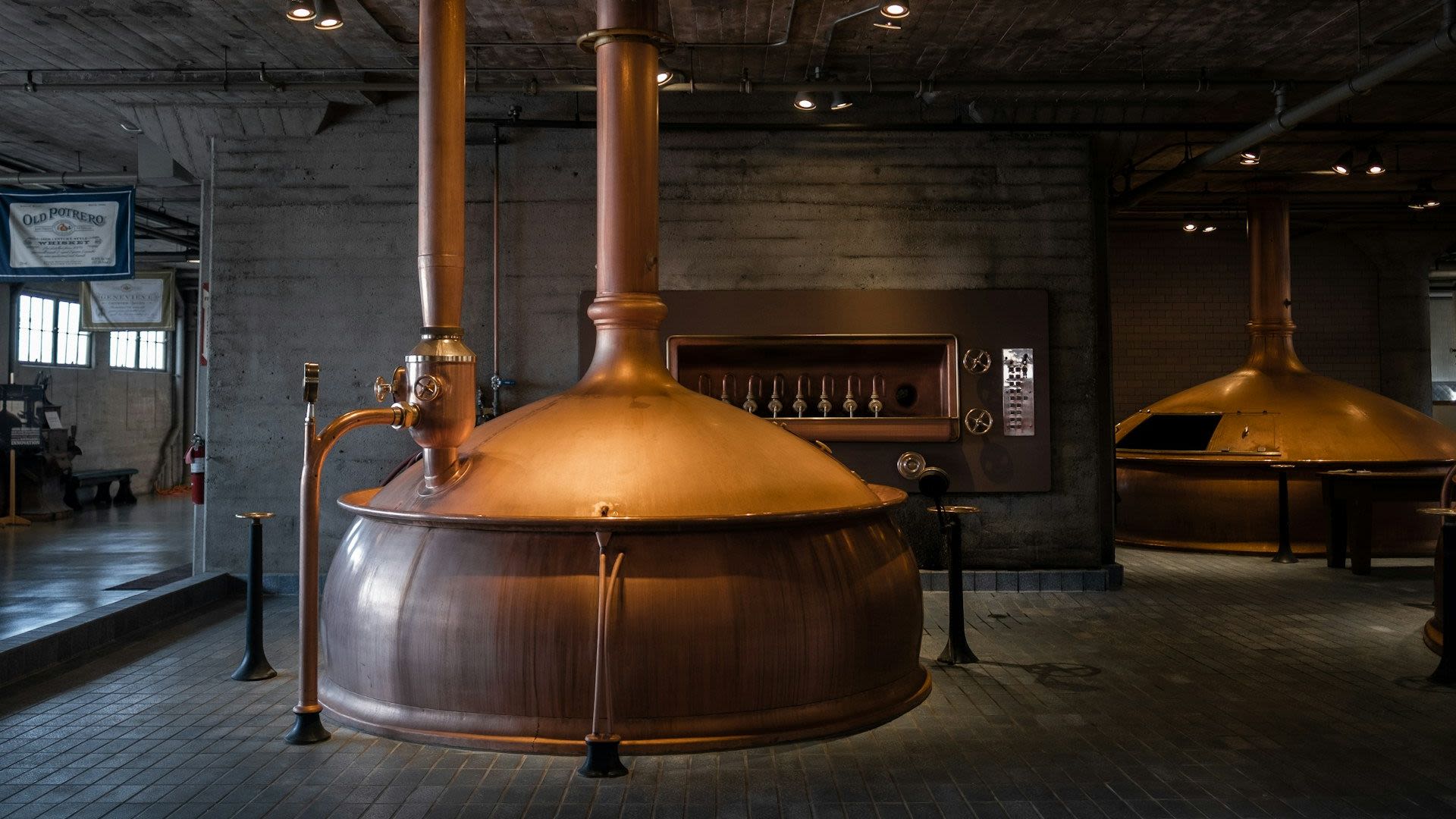
David Glenwright,
Head of Marketing, Titanic Brewery, Stoke-on-Trent, Staffordshire
“We’re really looking at our e-commerce offering, and that’s an ongoing process. We are a traditional cask brewer, and it’s important we keep up with digital trends, and make sure our online presence reflects the attitudes of drinkers.
“We have also innovated with our retail estate, developing the ‘BOD’ concept, which is our chain of eight café-bars. What we’ve done is create environments that are more diverse in their offering and able to offer more for the local community. Whereas many traditional pubs don’t open until 2pm, and very much serve drinkers, with ‘BOD’, we’ve created a space that opens from 8.30am and offers a range of breakfasts, lunches and coffee. It is very much a full café, but there is also a full bar.
“We’re starting to see a growing demand for traditional bitters, strong bitters, and ruby ales. In fact, our first seasonal beer this year was a 5.3% extra special bitter, brewed with Thornbridge Brewery. We’re also seeing a lot more variety in the stout market as well, which is really exciting.”
George Young
Brewing Director, St Austell Brewery, Cornwall
“For us, innovation is predominately focused on product innovation. On the packaging front, we purchased a canning line. Previously we bottled our beer, but we’re a carbon conscious business, so with the canning line we’re going to achieve a 20% lower carbon footprint for our small pack product.
“Ever since that we’ve continued to purse what we can do to innovate our packaging. Initially, we were using polypropylene plastic labels on our cans, and it dawned on us, we should think about how to divorce ourselves from plastic generally. So, we moved plastic tape on our boxes to paper, and last year, we started using a label material called forest film, which is 100% wood-based material. From a carbon point of view, it’s great to be able to use this product, but also, this product is considerably more durable than paper.
“Furthermore, Scotland is not traditionally a hop-growing part of the world. We wanted to pursue an angle, much like French wine, that thinks about ‘terroir’, and we thought, ‘how can we use that to differentiate ourselves and be carbon conscious?’ So, we’ve started working with various local growers, asking, if they have spare capacity and polytunnels on their farm, could they grow us hops?
“We’ve also taken to the opportunity to look into the history books and ask, ‘what was beer, back in the day when hops weren’t available in the north of Britain?’ So now, we produce two beers that go as far back as the Viking era. One is called Long Ship Saga, brewed with Myrica gale instead of hops – a herb native to northernmost Scandinavia and the UK. The second one is a spruce beer. We pick the young spruce tips of the trees in early springtime under the supervision of local forestry teams, and we release a beer that replaces hops with spruce.
“This kind of product innovation for us is evolution, not revolution. You still want the products to be familiar and approachable to the modern drinker but be different and interesting enough that it raises an eyebrow and gets people engaged.”
Jack Low
Co-owner & director, Wasted Degrees Brewing, Blair Atholl, Scottish Highlands
“For us, innovation is predominately focused on product innovation. On the packaging front, we purchased a canning line. Previously we bottled our beer, but we’re a carbon conscious business, so with the canning line we’re going to achieve a 20% lower carbon footprint for our small pack product.
“Ever since that we’ve continued to purse what we can do to innovate our packaging. Initially, we were using polypropylene plastic labels on our cans, and it dawned on us, we should think about how to divorce ourselves from plastic generally. So, we moved plastic tape on our boxes to paper, and last year, we started using a label material called forest film, which is 100% wood-based material. From a carbon point of view, it’s great to be able to use this product, but also, this product is considerably more durable than paper.
“Furthermore, Scotland is not traditionally a hop-growing part of the world. We wanted to pursue an angle, much like French wine, that thinks about ‘terroir’, and we thought, ‘how can we use that to differentiate ourselves and be carbon conscious?’ So, we’ve started working with various local growers, asking, if they have spare capacity and polytunnels on their farm, could they grow us hops?
“We’ve also taken to the opportunity to look into the history books and ask, ‘what was beer, back in the day when hops weren’t available in the north of Britain?’ So now, we produce two beers that go as far back as the Viking era. One is called Long Ship Saga, brewed with Myrica gale instead of hops – a herb native to northernmost Scandinavia and the UK. The second one is a spruce beer. We pick the young spruce tips of the trees in early springtime under the supervision of local forestry teams, and we release a beer that replaces hops with spruce.
“This kind of product innovation for us is evolution, not revolution. You still want the products to be familiar and approachable to the modern drinker but be different and interesting enough that it raises an eyebrow and gets people engaged.”

Asahi UK
Asahi UK is a subsidiary of Asahi Europe & International and is responsible for sales, marketing and customer operations across the UK and Ireland.
With its portfolio of super-premium beer brands, Asahi UK enriches consumer experiences through innovation, high-quality service and an exceptional portfolio of premium beer, ale, and cider brands, which include Peroni Nastro Azzurro (PNA), Asahi Super Dry (ASD), Meantime, Fuller’s London Pride and Cornish Orchards.
In the on-trade, premium lager is currently the only price segment in the lager category experiencing growth, at 2.7%, and now makes up 38% of the category by volume sales.[1] In lager, Asahi Super Dry and Peroni Nastro Azzurro are significant profit drivers for the category, with an average price per pint of £6.11 and £5.87 respectively, vs the average price of a premium lager at £5.40.1
The business is focused on creating profitable partnerships with premium outlets through its quality brands and delivering commercial value in the marketplace.
We urge any operator who is passionate about growing their sales of quality beer and cider to get in touch on communications@asahibeer.co.uk



